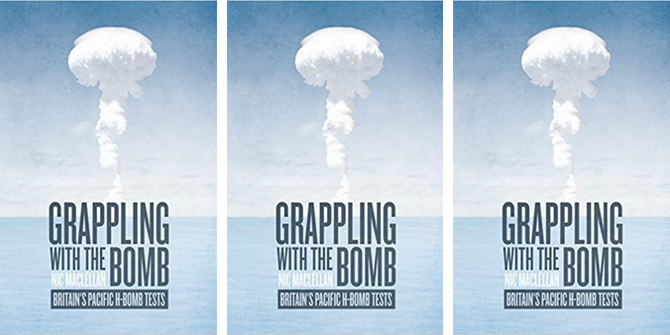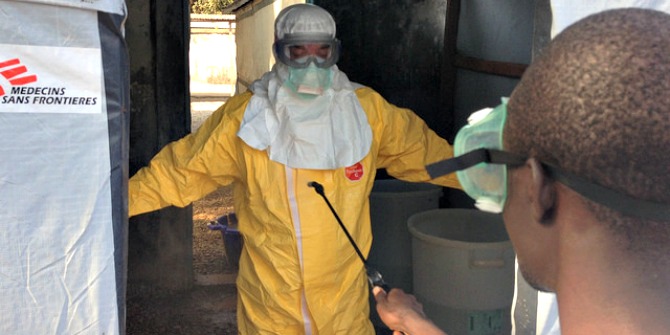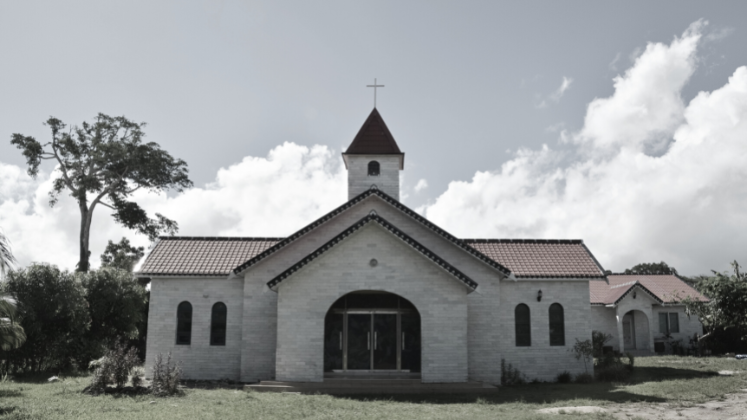
Photo by Jeremy Bezanger on Unsplash
Epidemics can turn the world upside down. They kill millions, isolate us and wreak havoc on international trade. But what is their impact on religion?
During my final year at LSE, I delved into the archives of Arthur Bernard Deacon, an anthropologist who conducted fieldwork on Malakula, an island of Vanuatu, from 1926 to 1927 – when he died, aged 24. Deacon wanted to document the traditional cultures of Malakula (then spelt Malekula), as he imagined they had remained unchanged for centuries. Instead he found life on Malakula irrevocably transformed by firstly, the rapid Christianisation of the island; and secondly, mass death following several epidemics, most recently, the 1918 influenza pandemic. Unlike Deacon, I wanted to understand the connection between the two.
Here I have compiled six, mostly anthropological, reads that can help us understand how epidemics might lead to religious change.
Footprints on Malekula: A Memoir of Arthur Bernard Deacon. Margaret Gardiner. Salamander Press. 1984.
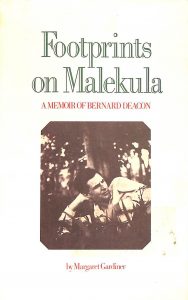
‘There is nothing here but Death,’ Deacon wrote in a 1926 letter to his girlfriend in England, Margaret Gardiner. Gardiner kept the letters he sent during his fieldwork and in 1984, she published them. Personal and unfiltered, Deacon’s letters show an island plagued by disease, where people tell him they will all soon be dead. At the same time, Deacon meets Christian converts who are out to revolutionise their own society. While not a scholarly work, this short book offers a snapshot of an island in the midst of religious change.
Malekula: A Vanishing People of the New Hebrides. Arthur Bernard Deacon and Camilla H. Wedgwood. Routledge and Sons. 1934.
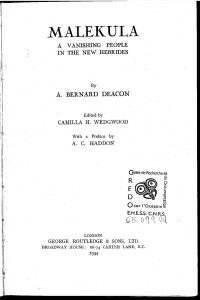
After Deacon’s death, someone had to make sense of his fieldnotes and write his ethnography, and Camilla Wedgwood rose to the challenge – all while writing her own thesis. The book never displays the despair of Deacon’s letters and focuses on remnants of pre-Christian and pre-colonial life, but the 1920s seep through the cracks. Especially striking are Deacon’s brief discussions on how funerary rituals are changing because of the influenza outbreak. As a group of villagers grow sick, the demanding rituals, which go on for weeks, become more and more difficult to do, showing how badly traditional rites fit the present situation.
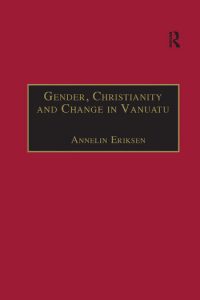
Annelin Eriksen’s research on Malakula’s neighbouring island Ambrym revolves around women’s role in social change – for example, how women from Christian families spread Christianity through marrying men and demanding they convert. She shows how Christianity appealed especially to women and low-status men, because it offered a vision of equality unlike the hierarchy they lived in. Eriksen also shows how illness and religion were connected: people thought diseases were caused by sorcery, and sorcery was the domain of men of high standing. Thus epidemics made people move close to the mission house, hoping missionaries could protect them from sorcerers.
‘The Millenarian Aspect of Conversion to Christianity’ by Jean Guiart in Millennial Dreams in Action: Essays in Comparative Study, edited by Sylvia L. Thrupp. Mouton & Co. 1962.
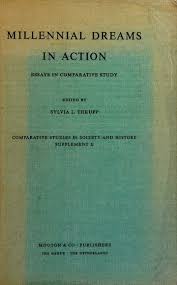
Jean Guiart’s 1962 article may be overly concerned with the material benefits converts imagined they would receive. Nevertheless, his overview of conversions to Christianity in the Western Pacific from the nineteenth century to his own time shows us the complex relationship between epidemics and religious change. For example, an entire village converted to Methodism after their prayer for a cure was answered. But linking God with epidemics was a double-edged sword: missionaries who taught that epidemics were a punishment from God found themselves blamed for disease outbreaks and persecuted as often as they found converts.
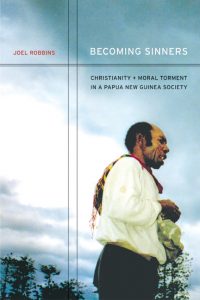
In the 1970s, the Urapmin of Papua New Guinea became evangelical Christians. Unusually, missionaries had not come to the Urapmin; rather, the Urapmin had sought out missionaries themselves and quickly became devout Christians. Joel Robbins highlights how Christianity offered a new path forward after cultural devastation. While he does not go into epidemics per se, Robbins’s on-the-ground account is an invaluable study of rapid religious change and its impact on everyday life.

Jonathan Lear’s book is a meditation on the life of Plenty Coups, a Crow chief who saw the end of traditional Crow life as the United States encroached on their territories and created reservations for Native Americans. He addresses the possibility that mass death from disease, in combination with political disenfranchisement, can lead our entire way of life to collapse. Faced with cultural devastation, your role in society no longer makes sense as the framework is gone. What then? Lear shows how Plenty Coups’s choices – including his encouragement to the Crow to become Christian – were acts of radical hope: the hope that there are ways to flourish in the future, even though these ways are unknown and different to what came before.
Note: This reading list gives the views of the author, and not the position of the LSE Review of Books blog, or of the London School of Economics.




